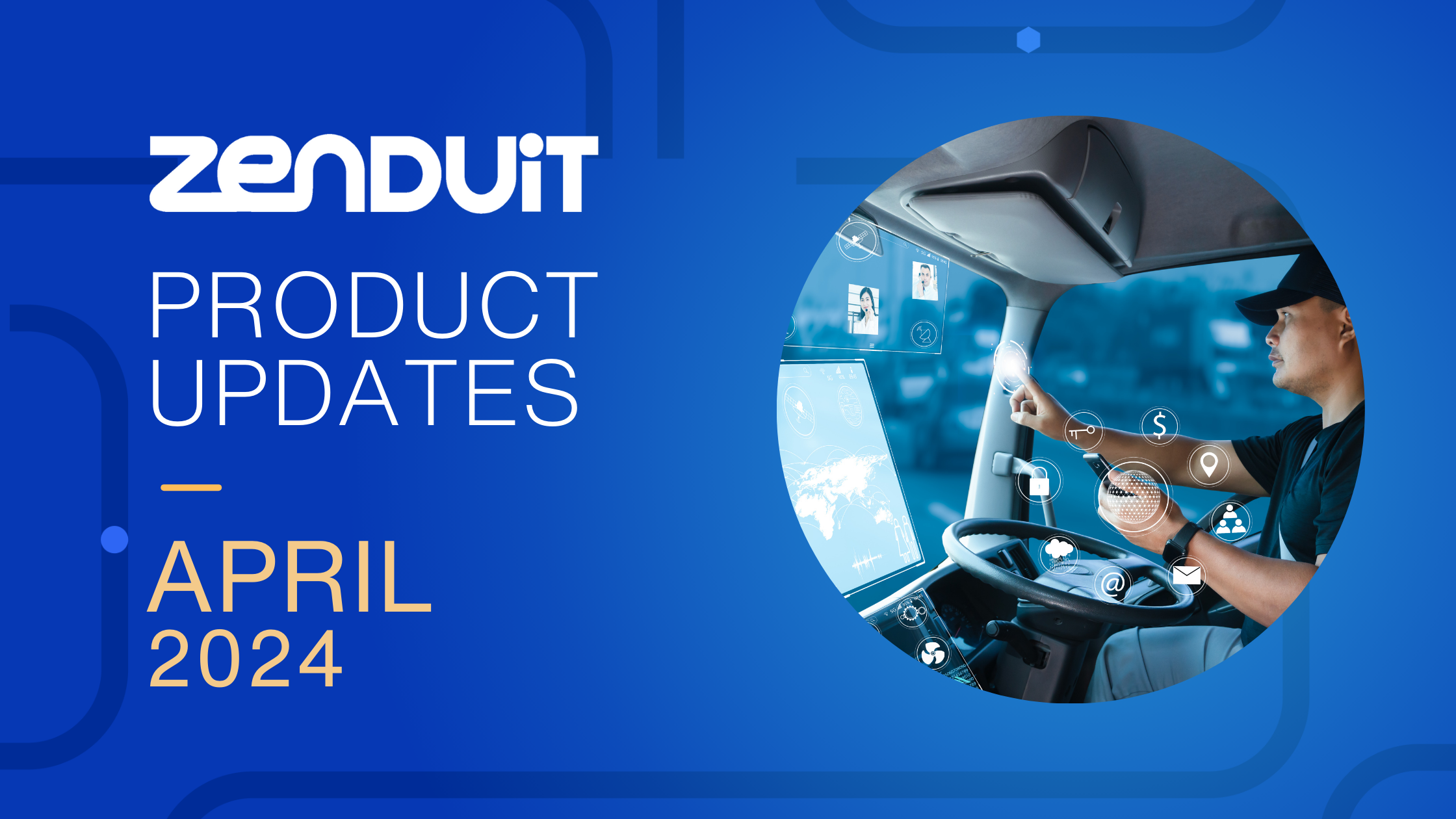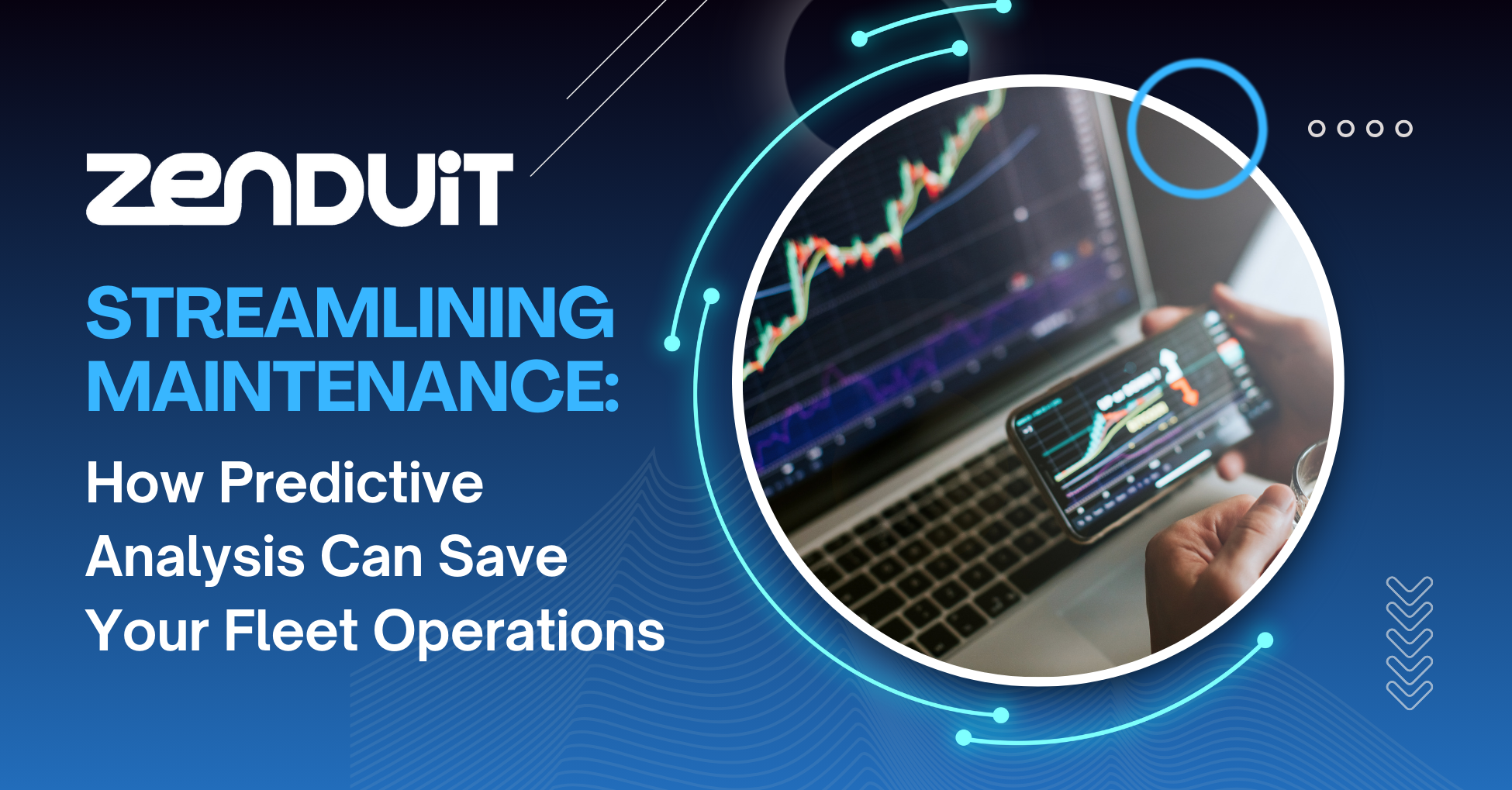Category: Integrated Telematics Solutions
-
Telematics: Exploring the Latest Trends and Innovations
Have you ever wondered how your car knows the quickest route or can call for help in an emergency? That’s telematics at work. This sophisticated technology merges telecommunications and informatics to enhance vehicle functionalities and their operational systems. By gathering and transmitting vehicle data, telematics enables real-time tracking, automated emergency responses, and remote diagnostics, making…
-
Mastering Driver Safety: Your Guide to ELDs and Fleet Management
Are you grappling with the daunting task of fleet safety? Does it ever feel like navigating accidents – preventable especially – are more difficult than you could have imagined? As the toll of preventable accidents continues to mount, it’s imperative for fleet managers to adopt a proactive approach to driver safety. In this comprehensive guide,…
-
New Product Update Notes: April 2024
Mississauga, ON – April 28, 2024 – Welcome to our monthly product updates for April 2024, where your fleet management experience takes center stage. This month, we’re looking to walk you through some of the custom enhancements we’ve incorporated to make a simpler, more responsive, and ultimately, more user-centric system experience. Our recent enhancements aim…
-
Success Story: Elevating Urban Mobility with ZenduOne – Work & ZenduOne
In the heart of Columbus, the Department of Transportation had to address an important matter: they needed to deliver a seamless, efficient, and digital solution for a free neighborhood shuttle service. That’s where we came in. ZenduOne – Work, paired with the advanced capabilities of ZenduOne, emerged as the transformative solution. Challenges to be Overcome…
-
Strengthening Fleet Management Cybersecurity
With increased connectivity comes the need for robust measures to safeguard sensitive telematics data and driver information. Each type of cybersecurity threat carries potential consequences that could significantly impact operations, safety, and financial stability.
-
Demystifying 5G: Its Role in the Next Generation of Fleet Management
5G technology stands as a beacon of hope amidst these challenges. Its capabilities are not just incremental improvements but are transformative in nature. This article explores 5G as a pivotal player in redefining fleet management, offering solutions to current challenges and unlocking new potentials for efficiency, safety, and sustainability in fleet operations.
-
A Guide to Choosing the Right Fleet Management Solution
Fleet management has evolved significantly with technological advancements. Initially, it involved basic vehicle tracking and manual record-keeping. The introduction of GPS technology revolutionized tracking, providing real-time data on vehicle locations. The advent of the Internet and cloud computing further transformed fleet management, enabling more sophisticated data analysis and remote management capabilities. In recent years, technologies…
-
How Real-Time Data can Transform Fleet Operations
Real-time data in fleet operations offers a myriad of benefits, including enhanced operational efficiency, improved safety, significant cost reductions, and a reduced environmental footprint. However, challenges like data security, technological integration, and staff training require careful navigation.
-
How Predictive Analysis Can Save Your Fleet Operations
Adopting a proactive maintenance strategy, underpinned by predictive analysis, is more than an operational choice; it’s a commitment to operational excellence. Embracing this technology empowers fleet managers to make informed, data-driven decisions, ultimately leading to more effective and sustainable fleet management. The future of fleet operations is undoubtedly intertwined with the advancements in predictive analysis,…

















































